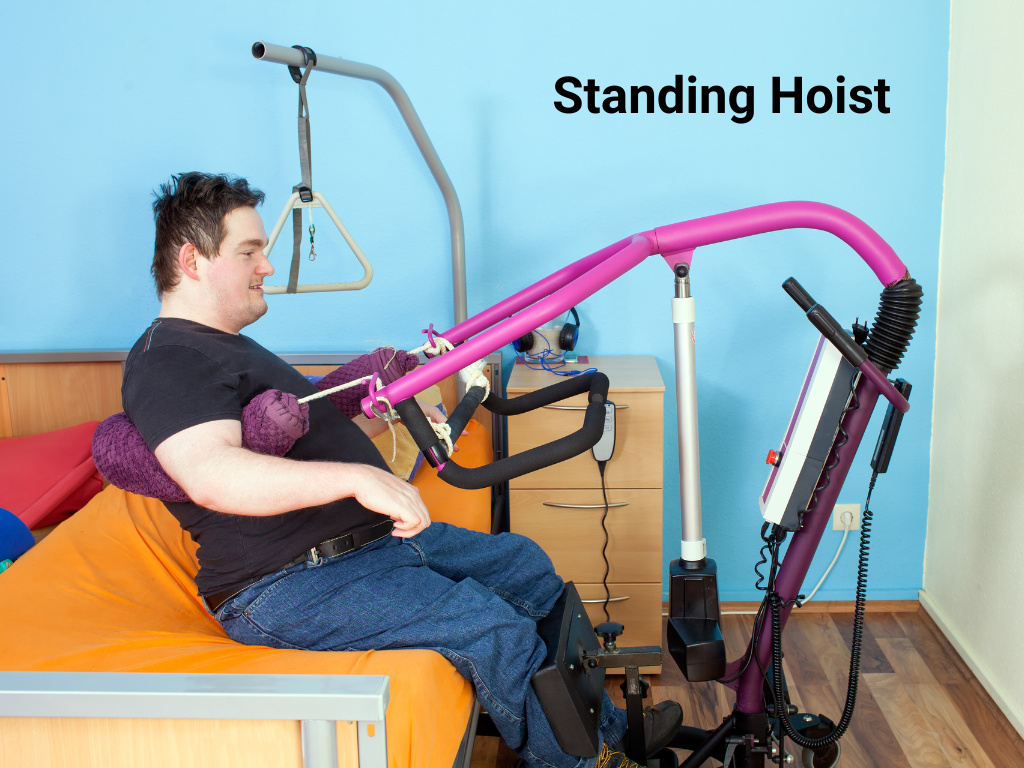Understanding Different Types of Patient Hoists for NDIS Participants
For many NDIS participants, patient hoists are essential pieces of assistive technology that enhance independence, safety, and comfort. Hoists help support individuals with limited mobility, enabling safe transfers and movement. As NDIS participants and support coordinators explore the right assistive technology, understanding the types and purposes of hoists can be valuable. A physiotherapist can help you choose the most appropriate hoist for you.
1. Mobile Hoists
Mobile hoists are versatile, wheeled devices designed to transfer a person between locations, such as from a bed to a wheelchair. They’re commonly used in homes and supported by many NDIS providers in Adelaide and beyond. These hoists are ideal for NDIS participants who need core supports in daily living but require assistance with transfers. Portable and adjustable, they can be maneuvered by a caregiver or support worker, making them convenient for a range of spaces.
2. Ceiling Hoists
Ceiling hoists, often used for more complex mobility needs, involve tracks mounted on the ceiling and offer smooth, streamlined transfers. This type is ideal for NDIS participants requiring specialised assistive technology to promote safer movement within a larger room or through multiple rooms. Ceiling hoists are often preferred for long-term setups, as they free up floor space and give individuals more accessibility within their environment.
3. Stand-Up Hoists
For participants who can bear some weight but need assistance standing, stand-up hoists provide vital support in building capacity and confidence. These hoists allow individuals to participate actively in transfers, fostering a sense of independence and strength. They’re also beneficial in physiotherapy programs supported by allied health providers, helping to maintain or improve lower-body strength.
4. Pool Hoists
Accessibility in all areas of life is important for many NDIS participants, including recreational activities like swimming. Pool hoists facilitate safe transfers into and out of pools, opening up possibilities for physical therapy and social participation, which are often critical to mental and physical well-being.
Choosing the Right Hoist
The choice of hoist will depend on a participant’s specific needs, preferences, and goals. In collaboration with allied health professionals, such as physiotherapists, participants and their support teams can select hoists that not only ensure safety but also enhance overall independence. By investing in specialised and complex assistive technology, NDIS participants in Adelaide and across Australia can achieve a higher quality of life through improved accessibility, mobility, and self-reliance.

